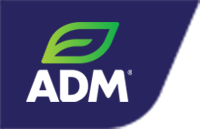Foods to avoid over the festive period
Over the festive season us humans like to indulge in an array of lovely delicious foods, from chocolate to nuts and of course our roast Christmas dinners!
But did you know that some of the foods that we love to eat may not be suitable for our furry friends?
Even though the following foods are toxic to both dogs and cats, and their ingestion should be avoided all year around, we highlight them during the festive period as they may become more readily accessible to our pets, especially when our houses are filled with guests, and we become distracted by all the festivities, meaning we may not take the normal precautions of moving food out of reach. To help you prepare for the holiday season we have put together our handy guide to help you identify which foods are best left for the humans!
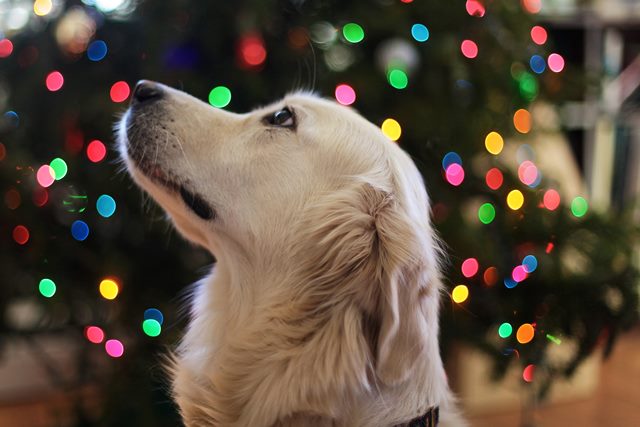
Chocolate
It is well known that chocolate is toxic to dogs and cats. While cocoa and dark chocolate are the most dangerous, all chocolate should be avoided. When small amounts of chocolate are consumed it can cause gastrointestinal upset, however in larger quantities it can cause irregular heart rhythms or seizures.
Raisins & grapes
Raisins are found in many Christmas delicacies including mince pies, Christmas cake and Stollen. Grapes may be used to decorate serving platters or cheese boards. The toxicity of raisins is not thought to be dose dependent, and in some dogs even a very small quantity can send them into acute renal failure which can be fatal. Be especially carefully if giving young children grapes/ raisins as snacks as they could drop some on the floor, which your furry friend may eat. Don’t leave Christmas cake on low surfaces when a dog may easily tuck in. If visitors are likely to be leaving these treats on coffee tables etc. then it’s best to keep your canine companion safe in another room until the food is all cleared away.
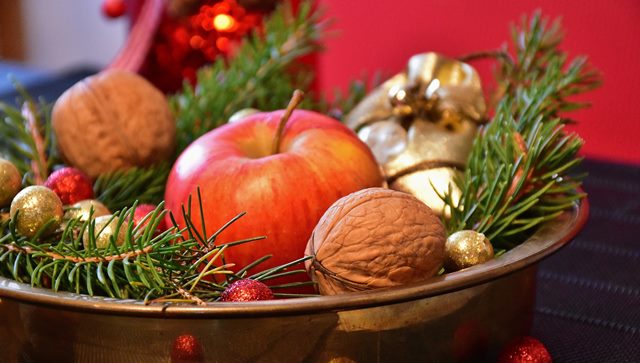
Nuts – especially macadamia nuts
Having nuts in dishes throughout the house is a Christmas staple but did you know many nuts have a high fat content which, can cause pancreatitis. Macadamia nuts specifically have also been reported to cause neurological signs including weakness, depression, tremors and an elevated temperature. So if you do like to have bowls of nuts and chocolates dotted around the house, it may be best to place them in out of reach places away from your pets!
Xylitol
Xylitol is an artificial sweetener, which is added to many low-fat/ sugar-free foods. In dogs, even small doses can cause insulin release which rapidly drops blood sugar levels. Hypoglycaemia (low blood sugar levels) can cause lethargy, vomiting and even collapse or seizures. Xylitol has also been linked to acute liver disease and blood-clotting disorders which can be fatal. Keep your pets away from items such as sugar-free sweets, jams and syrups and fruit juices!
Onions/ garlic/ leeks/ chives
All foods from the onion family are poisonous to dogs and cats, and should not be fed to them at any time. Specific Christmas considerations include leftovers, stuffing and anything containing onion or garlic powder (e.g. pre-made gravy, takeaways, crisps etc). As well as causing excessive salivation, vomiting and diarrhoea, foods from the onion family can cause damage to red blood cells, resulting in anaemia.
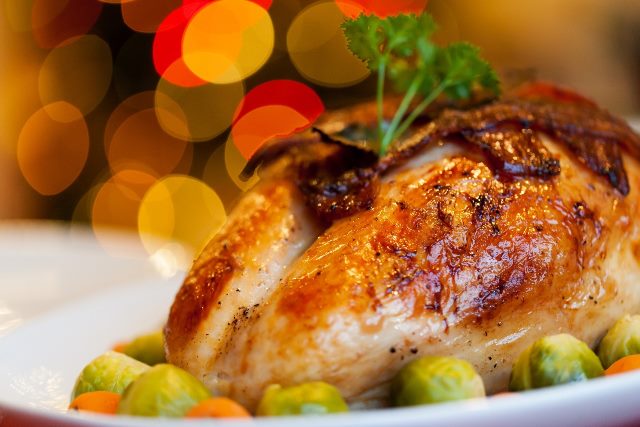
High fat foods
Consumption of foods with a high fat content can cause pancreatitis in both dogs and cats. A morsel of lean meat as a Christmas Day treat is ok; however, it is best to avoid gravy, sausages, roast potatoes and fatty meats!
Bones
Never give cooked bones, or meat which contains bones, to your pets. The bones can splinter and cause injuries in the mouth or on the way through the gastrointestinal tract. Larger bones can cause obstructions, requiring emergency surgery in order to be removed.
Bread dough
If you are making bread this Christmas, don’t be tempted to give your dog or cat any of the dough prior to baking. The yeast continues to produce gas, and this can lead to bloating and discomfort.We speak mainly about dogs above as they tend to be the scavengers are therefore more likely to be prone to dietary indiscretion. However, cats are equally, if not more, susceptible to some of the above toxins. One additional toxin specific to cats is listed below:
Dairy
Dogs and cats tend to have very low levels of the enzyme lactase, this means they are unable to digest the lactose present in most dairy products. Dairy may therefore cause gastrointestinal upset including vomiting, diarrhoea and discomfort.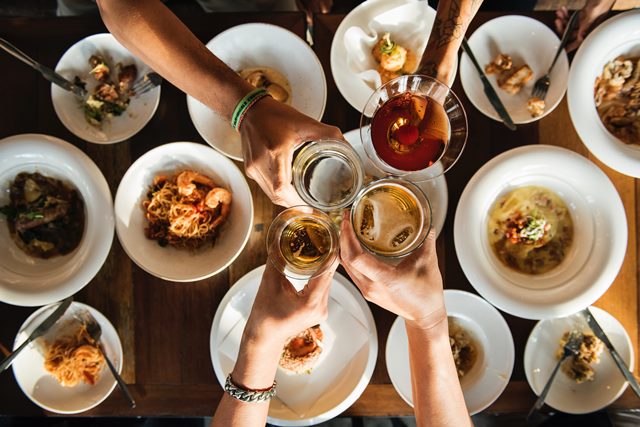
Alcohol
Did you know dogs and cats are much more susceptible to the effects of alcohol than we are? Don’t let them get their paws on your Christmas tipple; ensure you keep your drinks out of their reach this Christmas!
Mouldy food
Following Christmas you may clear out old food thinking that your pet ‘will eat anything’, but if you wouldn’t eat it... don’t give it to them! Mouldy food may contain fungal toxins which can cause neurological symptoms including tremors, seizures, incoordination and hyperthermia. Beware of dogs scavenging out on walks, and ensure bins are firmly closed or inaccessible when pets are left unsupervised.
Lilies
Lilies are incredibly poisonous to cats. It is not just consumption of the flowers or leaves themselves which can lead to toxicity; a cat cleaning pollen off its coat after brushing past lilies can ingest the pollen and then suffer the toxic effects. Lily poisoning can cause acute renal failure which can be fatal. It is safest not to have Lilies in the house at all if you have a cat.
If you suspect that your pet has eaten any of the following foods we would recommend contacting your vet immediately.
Depending on the quantities and timings, your vet may need to make your pet sick to try and remove most of the toxic food from their system. Ingestion of certain foods may also need further treatment specific to the toxin. All-in-all it is best to avoid them getting hold of these foods in the first place where possible!
From all of us at Protexin Veterinary we wish you a happy, healthy festive time with all the family!

- 13th December 2018
